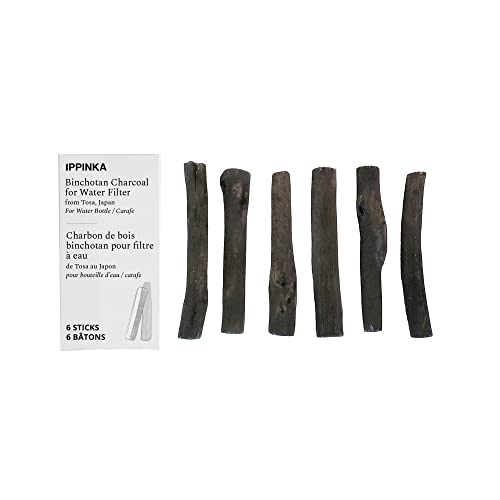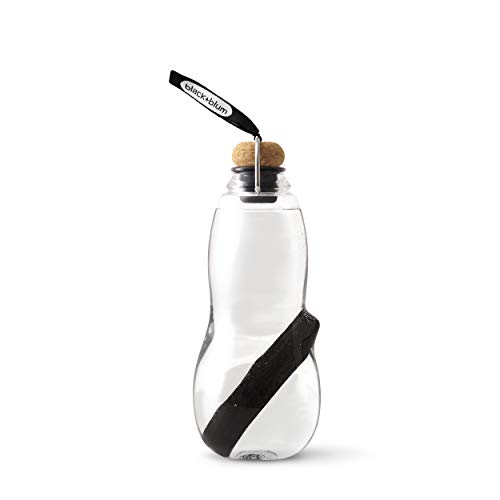4 clever ways I use activated charcoal to make my home a cleaner and healthier space
From reducing household odors to purifying water, there are plenty of helpful uses for this affordable and all-natural product
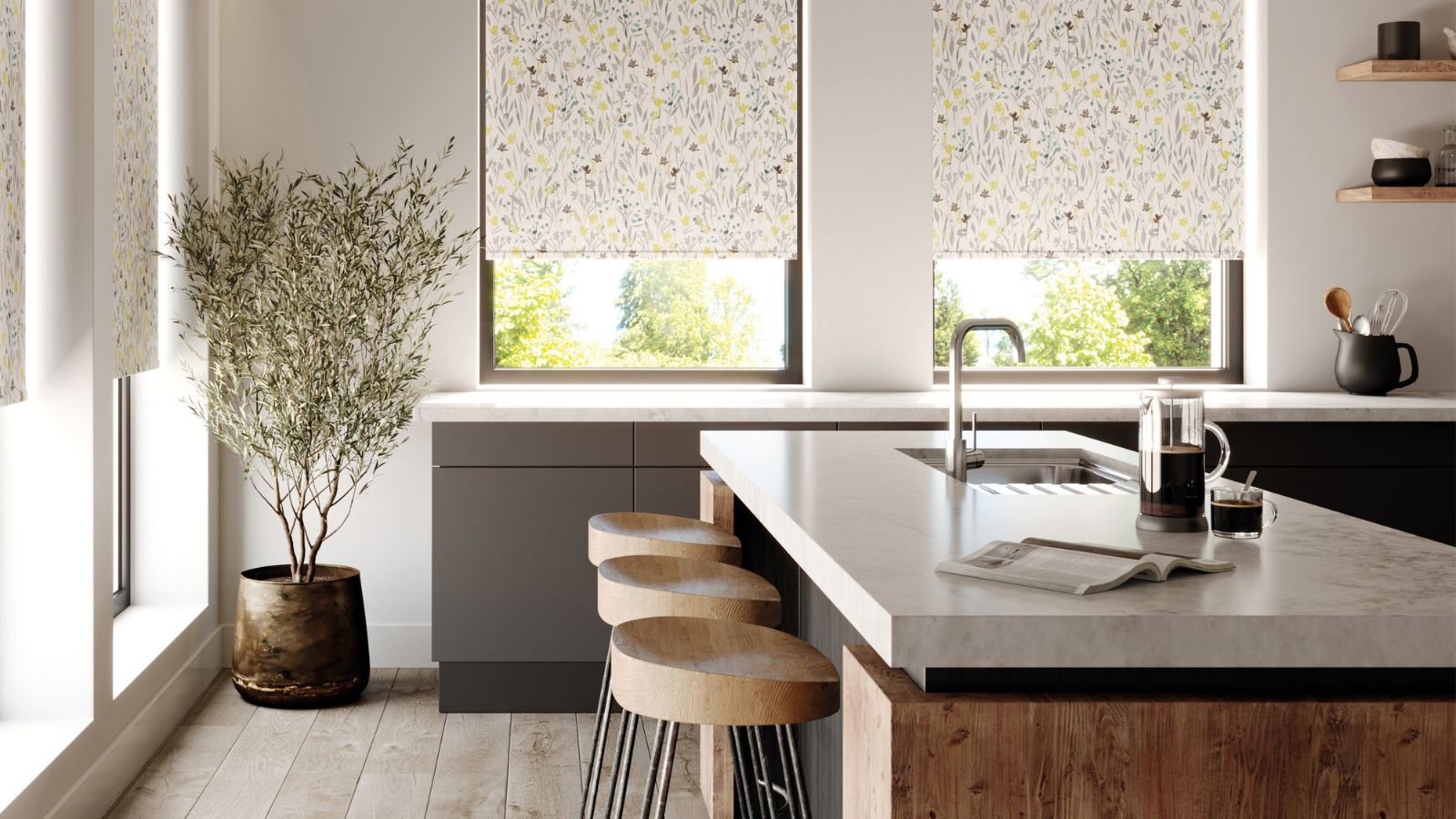

At first glance, activated charcoal doesn't seem like an impressive household tool. But this affordable and natural substance has helped me maintain a cleaner, healthier home over the years.
Known for its powerful absorbent properties, activated charcoal can combat a variety of household problems, such as purifying air and banishing pet smells. It's an all-natural solution that offers numerous benefits without any harsh chemicals, and it's incredibly affordable, too.
From improving indoor air quality to eliminating bad odors, I'll share some simple yet effective ways I use activated charcoal in my home.
How to use activated charcoal in your home
Activated charcoal, also known as activated carbon, is a form of carbon that has been processed to have small, low-volume pores that increase surface area for absorption or chemical reactions. In layman's terms, it's an affordable and highly effective tool for filtering and purifying air and water as well as removing toxins from your home.
Purify Air
Activated charcoal's highly porous structure allows it to absorb toxins, odors, and pollutants from the air, making it perfect for use alongside the best air purifiers.
I like to place small bowls of activated charcoal in areas where air quality is a concern, such as my kitchen and downstairs bathroom, which suffer from poor ventilation. I've also purchased some charcoal air-purifying bags, which I've hung in my closets, placed in particularly smelly shoes, and even kept in my car to keep these spaces fresh.
Unlike synthetic air fresheners that merely mask odors, activated charcoal eliminates them by trapping the offending particles. This makes it an excellent natural alternative for anyone with allergies or respiratory issues, like me. It’s also a great option for households with pets, as it can neutralize unwanted pet odors, too.
Filter water
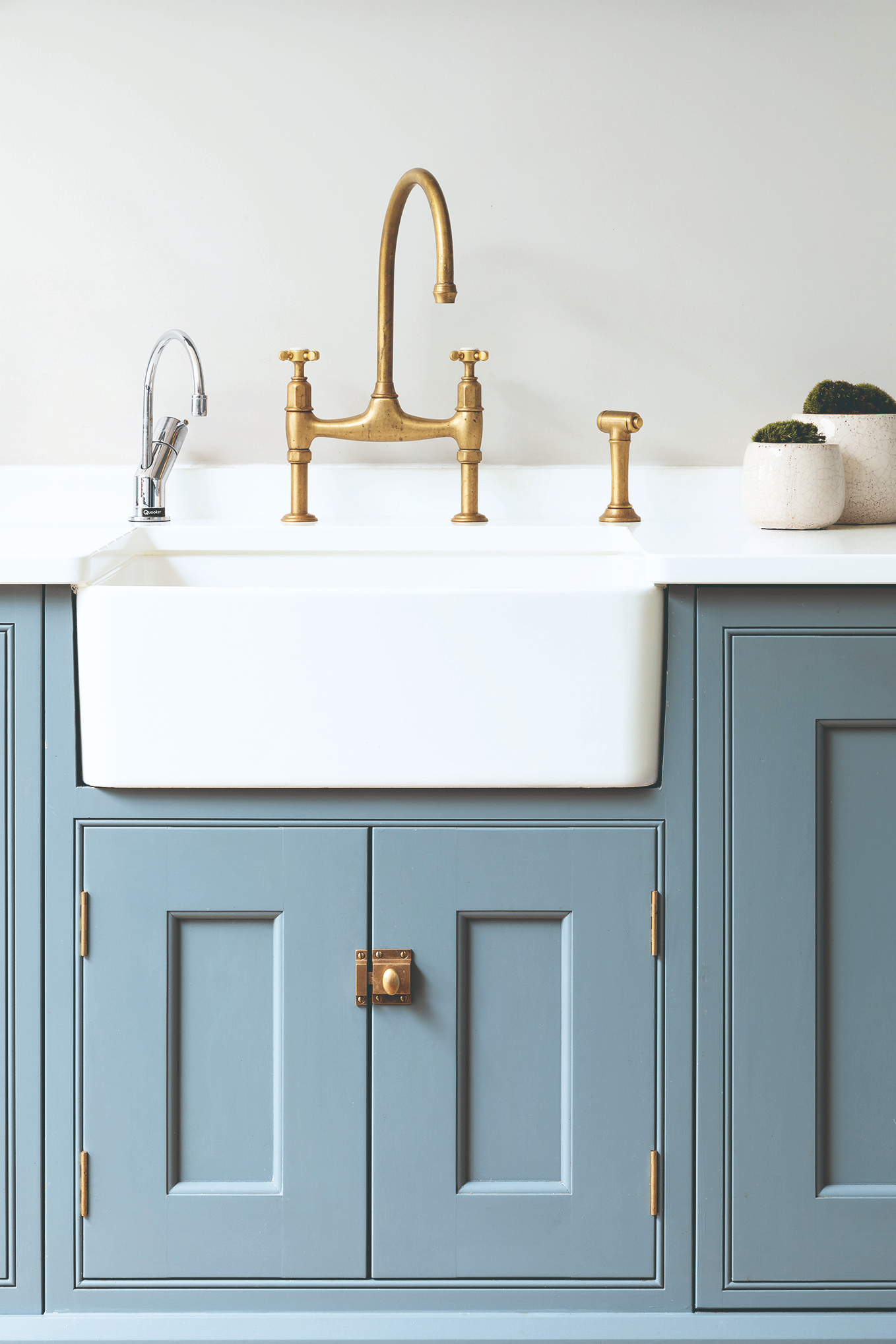
It's not just air that activated charcoal can help purify; it's also renowned for its ability to purify water. It works by trapping impurities, toxins, and chemicals in its porous structure, resulting in cleaner, safer drinking water.
Many water filtration systems use activated charcoal filters to remove contaminants such as chlorine, volatile organic compounds (VOCs), and heavy metals. I recently purchased an activated carbon attachment for my shower head, and I've noticed a marked improvement in how much softer my hair feels after showering. You can also purchase similar filters for your kitchen faucets on Amazon, which promise to remove chlorine, fluoride, and heavy metals from your drinking water.
Of course, if you prefer a DIY approach, you can do what I do and add sticks of activated charcoal to a water pitcher or a reusable drinking bottle. This is a nice alternative to purchasing packets of bottled water (no more unnecessary single-use plastic), and it can also improve the taste of tap water for drinking and cooking.
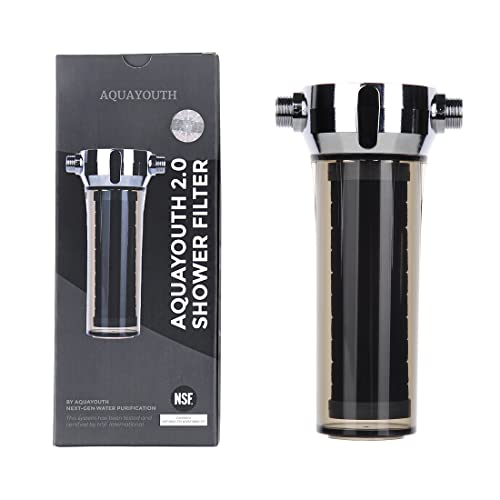
This popular shower attachment uses activated carbon to removes chlorine and heavy metals from your water.
Odor Neutralizer
One of the best things about activated charcoal is that it's highly effective at neutralizing unpleasant odors in your home. Its porous nature allows it to trap and eliminate odor-causing
molecules, rather than just masking them like most candles and reed diffusers.
Much like my method for purifying the air, I place small containers or sachets of activated charcoal in areas prone to bad smells, such as closets, shoes, and the refrigerator. In my closets, activated charcoal helps absorb musty odors and keeps my linens smelling fresher. It’s particularly useful for storing seasonal items, as I simply place a few sachets in the drawers where I store my winter clothes and replace them every few months to maintain their effectiveness.
To get rid of bad refrigerator smells, I place a small container of activated charcoal (I like this Ellis Harper Natural Fridge Deodoriser 2 Pack from Amazon) on a shelf and let it work its magic. It’s a safe and chemical-free way to keep your fridge odor-free, making it a great alternative to baking soda or other deodorizers.
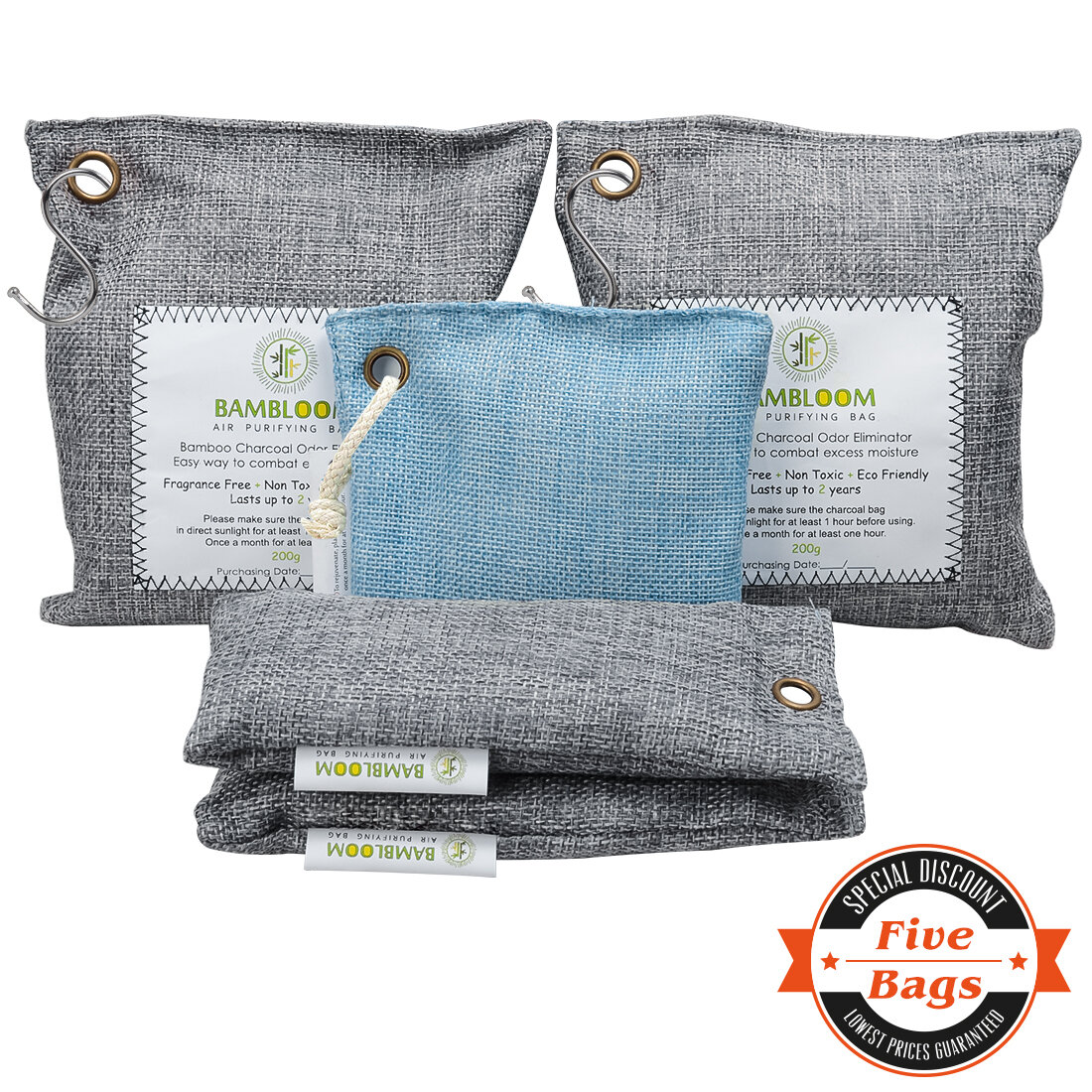
Use these handy bags to purify the air and remove odors from your closets or car.
To combat Mold and Mildew
Activated charcoal's moisture-absorbing properties make it quite effective at combating mold growth in basements, bathrooms, and other areas prone to humidity. I've tried placing sachets of activated charcoal where moisture tends to accumulate (such as under sinks and in the corners of damp rooms) and noticed a small improvement in these spots.
You can also mix it with water to create a paste and apply it to mold-affected areas. If you let it sit for a few hours before scrubbing and rinsing, i've found that it's rather good at removing surface mold and absorbing any residual moisture.
Of course, these are only short-term solutions for mold problems. If you want to see a significant change, I recommend you learn how to spot the common signs of mold, invest in the best dehumidifiers, and speak to a professional about the best course of action.
Sign up to the Homes & Gardens newsletter
Design expertise in your inbox – from inspiring decorating ideas and beautiful celebrity homes to practical gardening advice and shopping round-ups.

Gabriella is a freelance contributor for Homes & Gardens. She is a DIY enthusiast and a lover of all things interior design, often found antiquing or browsing the aisles of her local hardware store. She has a particular passion for historic buildings and is in the process of renovating a Victorian coachhouse in the countryside.
For much of the past decade, Gabriella has worked as a freelance writer, crafting copy for national publications and renowned homeware brands. Most recently, she worked for Homebuilding & Renovating Magazine and is the former Head of Solved at Homes & Gardens, focusing on case studies for the magazine and website, as well as writing features about issues surrounding historic and listed building projects.
-
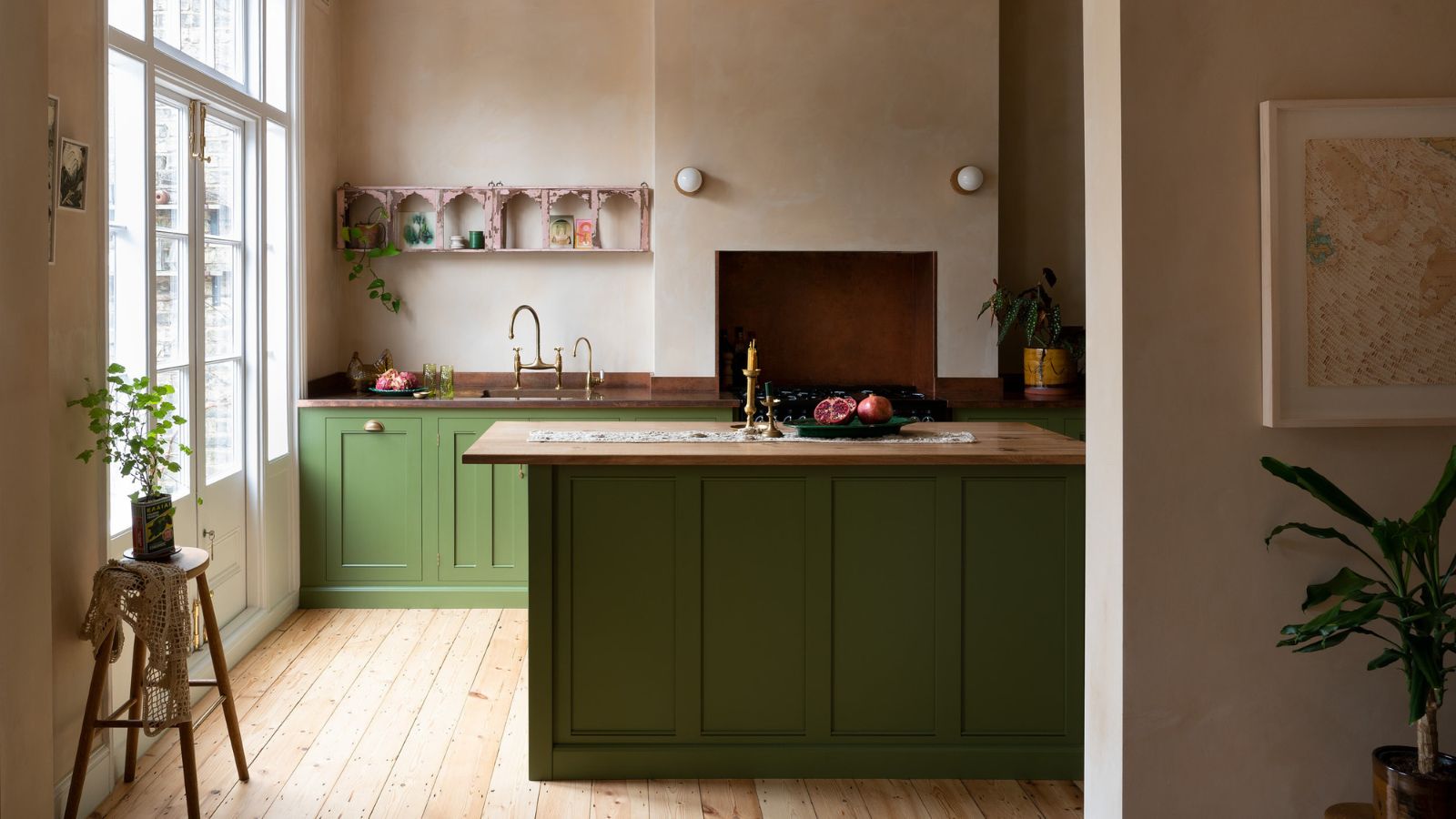 Best non-toxic cookware – the safest stainless steel, cast iron, and ceramic pans tested by a trained cook
Best non-toxic cookware – the safest stainless steel, cast iron, and ceramic pans tested by a trained cookWant to free your kitchen from forever chemicals? Here's a healthy cook’s guide to the best non-toxic cookware
By Lydia Hayman
-
 Anthropologie's colorful and collectible icon glasses are all over my feed – here's why this kitchen main character is actually worth its hype
Anthropologie's colorful and collectible icon glasses are all over my feed – here's why this kitchen main character is actually worth its hypeAre these the prettiest glasses on the internet?
By Charlotte Olby
